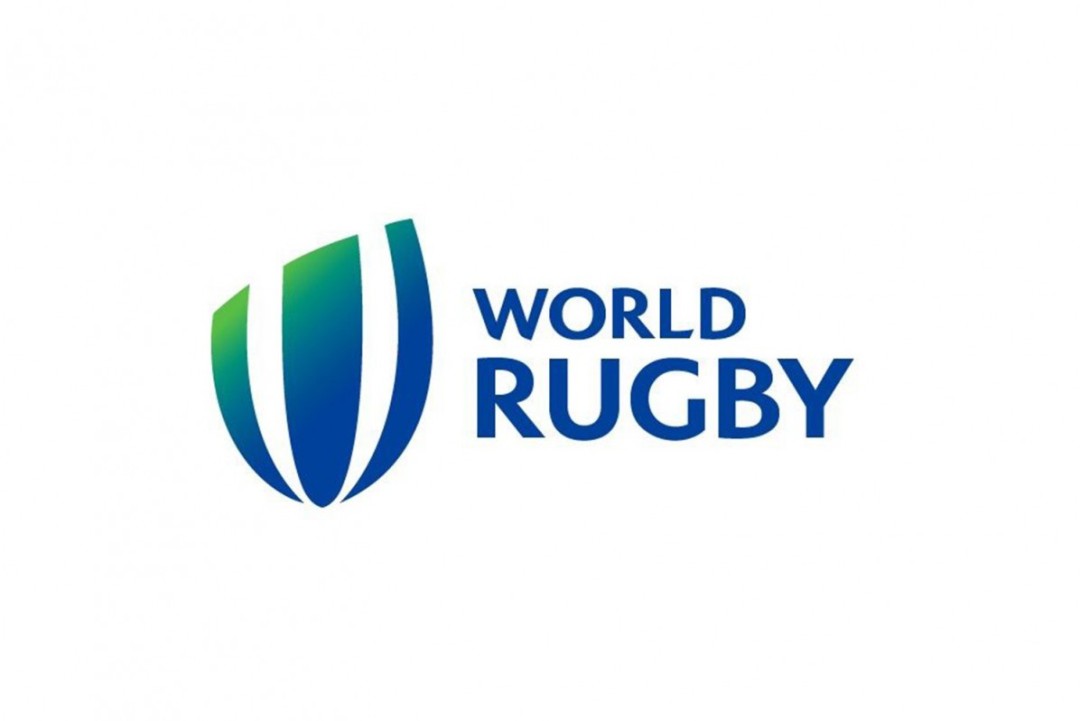Tue, October 17, 2023
World Rugby to adopt smart mouthguard technology

World Rugby will be adopting mouthguards with smart technology that measures the force of impacts to the head in real time.
The technology will be utilised in the hopes of reducing the number of head injuries suffered by players as alerts will be sent to an independent matchday doctor to signal “a high level of acceleration which could lead to an injury.” Players can then be removed from the field of play for a head injury assessment.
The technology is being used for the first time this month in the inaugural WXV competition and will become mandatory throughout World Rugby competitions and training from January 2024. World Rugby said it will allow coaches “to better tailor drills, tackle skills and training load for each individual player, and best support their performance and welfare.”
Eanna Falvey, World Rugby chief medical officer, said: “The latest scientific research and expert opinion is telling us one thing - reduce the forces players experience on their heads at all levels of the game. That is exactly what we're doing. The advances in smart mouthguard technology mean elite players will be better cared for than ever before. We are taking smart mouthguards out of the realm of medical research and putting them into the world of everyday performance management to continue to manage player welfare in the best way possible.”
Smart mouthguards, AI, biomarkers are used in the fight against brain injuries in sport. The NFL used artificial intelligent (AI) at the Baltimore Ravens v Tennessee Titans match in London on Sunday. Computers are now able to identify on-field head impacts in the NFL automatically, using multiple video angles and machine learning. After every match, teams are sent a breakdown of which players got hit, and how often.
The move comes amongst several others which have been implemented in an attempt to further reduce the risks of brain injuries to players as World Rugby and other governing bodies are currently facing a lawsuit filed by former international players which alleges that authorities failed to take reasonable action to protect the players from repeated blows to the head during their careers.



